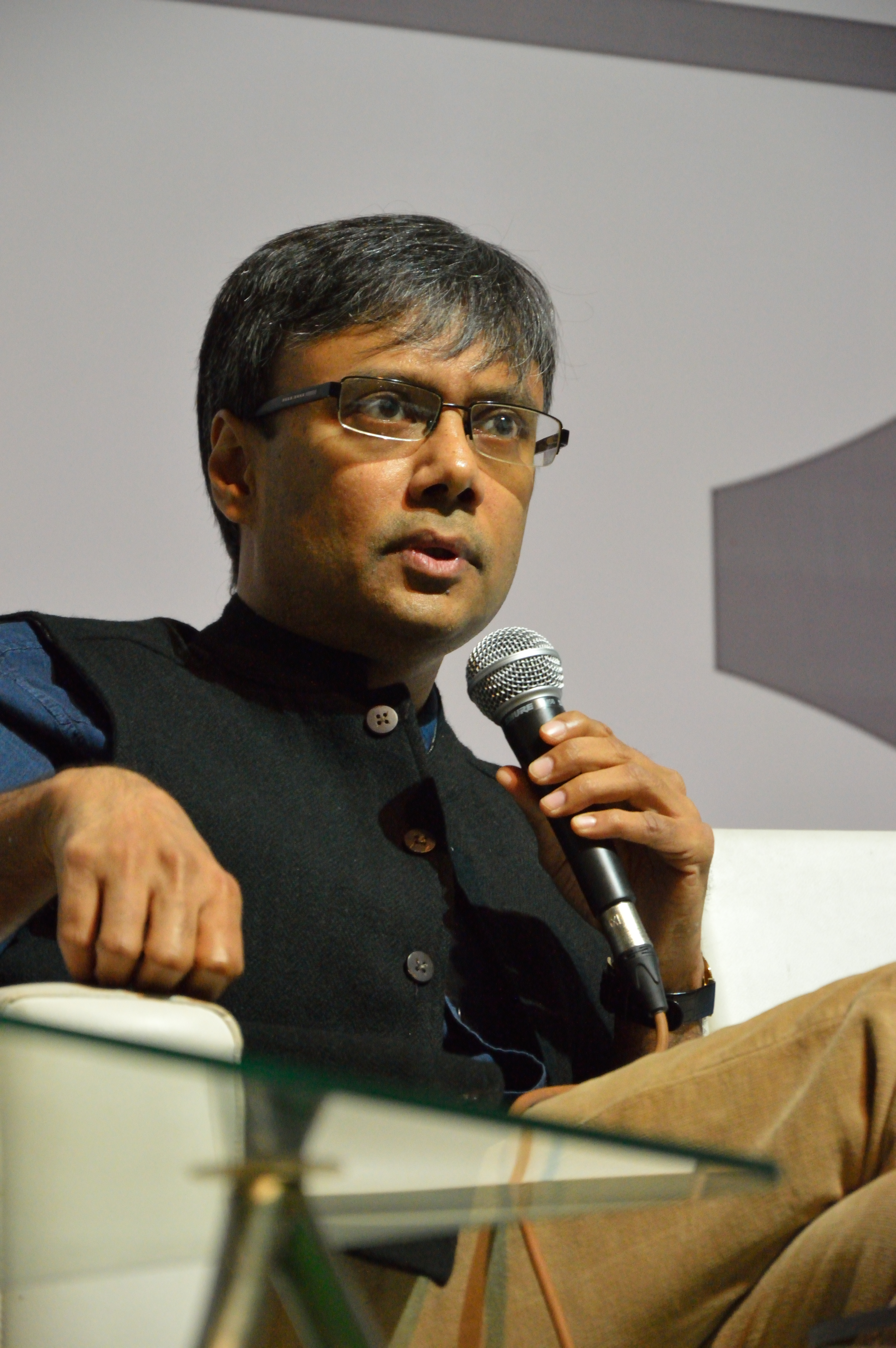Amit Chaudhuri: Frases em inglês
Friend of My Youth (2017)
Afternoon Raag (1993)
“As the sun came up, we/saw the leaves peer out, shivering.’ ( Letter from the Hills )”
St Cyril Road and Other Poems (2005)
Clearing a Space (2008)
citation needed
On Modernity
“Afternoon’s the most dreamless and introspective time of day, a sort of midnight of the daytime …”
Calcutta: Two Years in The City (2013)
Odysseus Abroad (2014)
Calcutta: Two Years in The City (2013)
A Strange and Sublime Address (1991)
Freedom Song (1998)
Freedom Song (1998)
Odysseus Abroad (2014)
“… the cleverest way of battling the heat was not moving.”
A New World (2000)
“And the old homelovingness/of light falling and touching the black/utensils …”
Kitchen
St Cyril Road and Other Poems (2005)
“Trenches and mounds of dust everywhere give the city a strange bombed-out look.”
A Strange and Sublime Address (1991)
Freedom Song (1998)
“… the floor was a stone slab of coolness, an expanse of warm ice that would not melt.”
A Strange and Sublime Address (1991)
St Cyril Road Sequence
St Cyril Road and Other Poems (2005)
On Tagore: Reading the Poet Today (2012)
